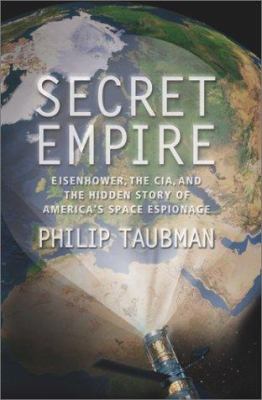
Book
|
Secret empire : Eisenhower, the CIA, and the hidden story of America's space espionage
Copies
5 Total copies, 5 Copies are in,
0 Copies are out.
Title
Secret empire : Eisenhower, the CIA, and the hidden story of America's space espionage
Authors
Subjects
United States. Central Intelligence Agency--History--20th century.
Aerial reconnaissance, American--History--20th century.
Space surveillance--United States--History--20th century.
U-2 (Reconnaissance aircraft)
Cold War.
Spionage.
Buitenaardse ruimte.
Verkenningsvluchten.
CIA.
Koude Oorlog.
U-2 (Reconnaissance aircraft)--History.
Aerial reconnaissance, American--History--20th century.
Space surveillance--United States--History--20th century.
U-2 (Reconnaissance aircraft)
Cold War.
Spionage.
Buitenaardse ruimte.
Verkenningsvluchten.
CIA.
Koude Oorlog.
U-2 (Reconnaissance aircraft)--History.
Language
English
Published
New York : Simon & Schuster, ©2003.
Publication Desc
xx, 441 p., [8] p. of plates : ill. ;
ISBN
0684856999
LCCN
2002042937
Dimensions
25 cm.









